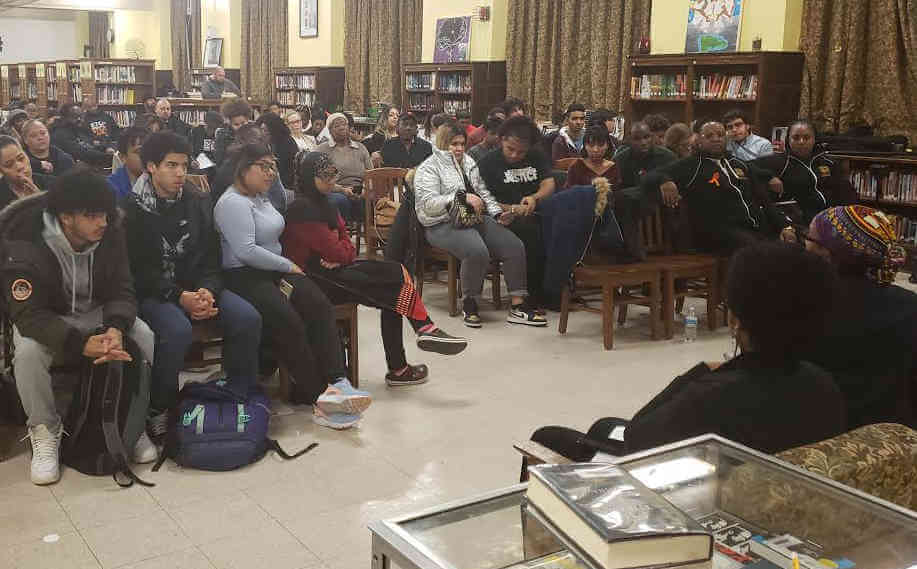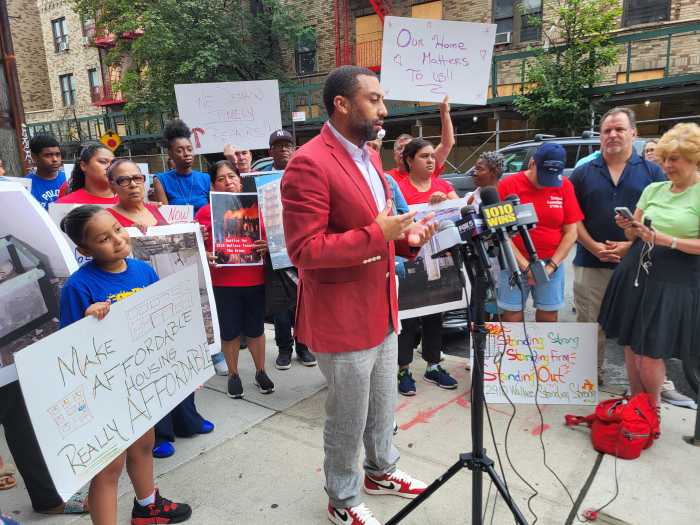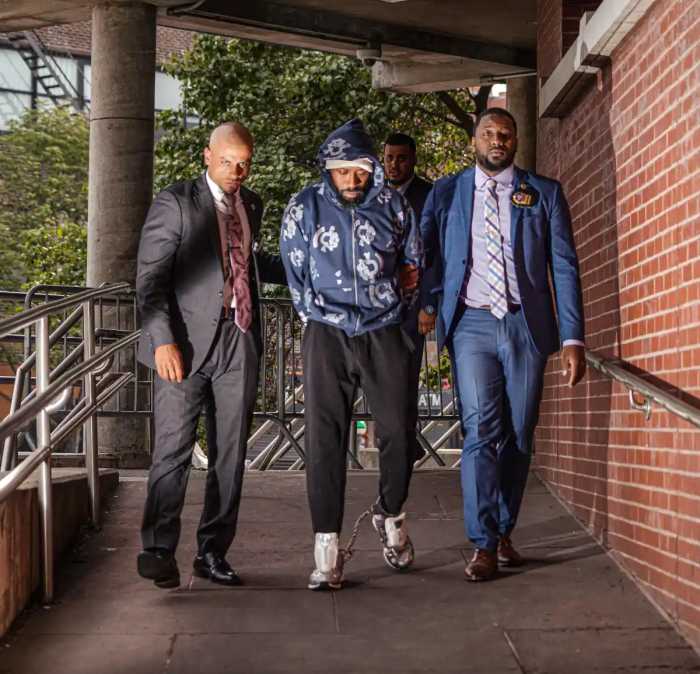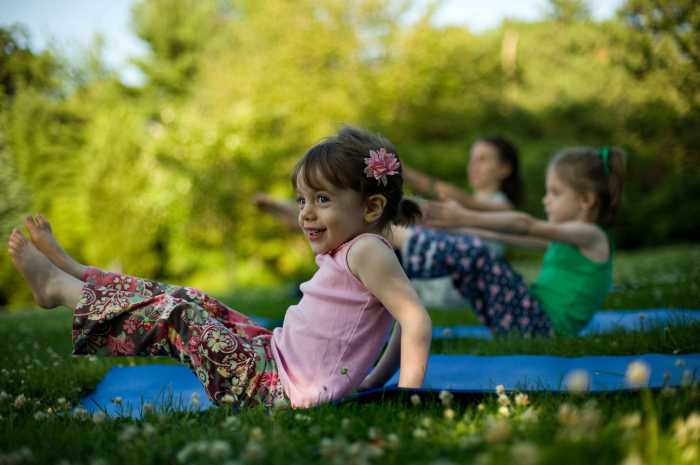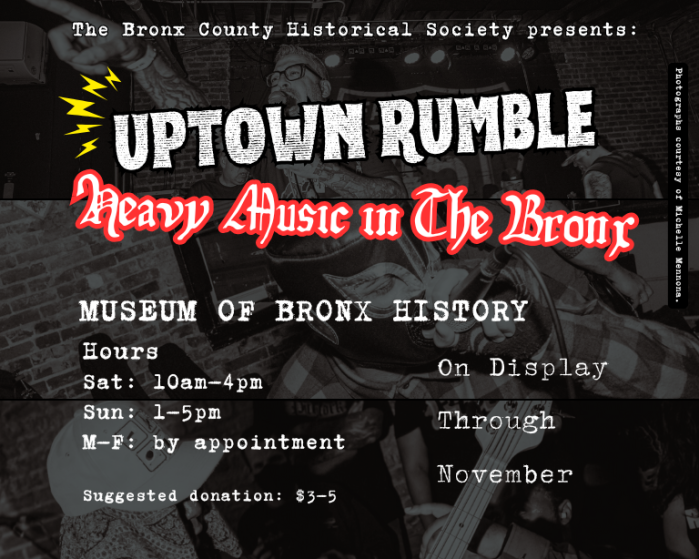In underserved communities, especially the Bronx, over-policing on NYC public school students has a notoriously negative affect on children.
On Thursday, January 16, the New York Civil Liberties Union hosted a school-to-prison pipeline town hall at the Taft Educational Campus, 240 E. 172nd Street, to give students, organizers, advocates, policy experts and legislators an opportunity to discuss the impact policing has on students.
The school-to-prison pipeline refers to education and public safety policies that push students into the criminal legal system.
The NYCLU works to end zero-tolerance discipline policies, to limit the role of police in schools, and to reduce the reliance on invasive technologies like metal detectors and biometric surveillance systems that treat students with suspicion.
The panelists at the event were, Carlos Torres, organizer of Save Our Streets, Tara Brown-Arnell, director, BronxConnect, Shani Douglas, teacher, Taft Educational Campus, Alliyah Logan, operations manager of the Teen Activist Project, New York Civil Liberties Union, Abe Cohen-Garcia, a teacher at the Bronx Arena High School in Soundview and Grisel Cardona, Parent Action Committee President.
Torres told the audience that a lot of the violence could be prevented if black and brown children were treated better in school. He noted that too often kids are disciplined before getting to the root of the problem.
“The first thing we need to do is recognize that the school to prison pipeline affects men and women of color,” he stressed. “As a society, we’re quick to judge and punish young people. Maybe it’s time to start listening.”
Logan, who attended elementary and middle school in the Bronx, but goes to high school in Manhattan, explained there is a drastic difference in education between the boroughs. She said her schools in the Bronx had many fights and metal detectors, yet in the city, that doesn’t occur.
“This is very transformative for me,” she remarked. “I realized how much we normalize violence.”
Cardona, who has two children in the school system, always tells them to be part of the solution, not the problem. More importantly, she doesn’t want them to be suspended often like she was.
“Unfortunately students of color are more likely to be suspended and more likely to start a path toward the criminal justice system,” Cardona said. “As an active parent advocate, I want to make a difference for more than just my children.”
Among the attendees was Ashley Fernandez, a senior at Dreamyard Prep. Fernandez, who emigrated from the Dominican Republic when she was younger, experienced bullying firsthand because of her skin color and schools didn’t want her because she didn’t speak English.
She hopes that more people in the community think like the panelists and realize that how black and brown people are treated in schools is wrong.
“Usually as a teen, we don’t think we have the support we need,” she said. “I’m motivated to becoming better, to be listening more and doing something better for the community. Just because you have different skin doesn’t make you any better than us.”

